
90% of electricity users make this mistake
It's hard to imagine life without electricity these days, and let's be honest, no home is designed with enough wall sockets for all the electrical appliances. That's why we need extension cords to expand the capacity of our home's electrical system, turning one plug into six or more. However, there are some very important electrical safety rules when using extension cords that we still innocently violate every day. Let's check them out!

1. Plug one extension cord into another
Sometimes because an extension cord isn't long enough, or we need more plugs, we often "chain" several extension cords together by plugging one into another. In short – never do it!
This is not only a violation of safety rules in theory, but it can also cause one or more outlets to fail or even catch fire in practice.
2. Using an indoor extension cord outdoors
Not all extension cords are specifically designed for outdoor use, unless their packaging clearly states that they are weather and water resistant. If you have a very common and common extension cord, keep it indoors and buy a more rugged one that you can safely use.
3. Weak sockets but full of ⱪhung loads
Every extension socket has a load limit, meaning it can only handle a certain amount of power at any one time. When an extension socket is overloaded, it can melt, damaging your home and surrounding appliances as well as creating a fire hazard.
If you are worried that your extension socket is at risk of being overloaded, take a moment to calculate the total power of everything you will be plugging into it, or consider buying an extension socket with a separate switch for each plug.
4. Covering the extension socket with something else
As electricity flows through the wire, the electrons generate heat. Normally this isn’t a big deal, but if your extension cord is hidden under a rug or in a confined space, it could pose a fire hazard.
In addition, if you accidentally step on it, you could damage not only the cord itself but also the appliances plugged into it, and you could also get an electric shock.
Keep your family and property safe by being aware of other potential fire hazards in your home.
5. Plugging Beauty Tools Into the Same Extension Socket
Hair dryers, curling irons, straighteners, and other beauty tools all generate heat and use a lot of electricity (high amperage) to generate that heat. Regular extension sockets are not designed to handle this kind of high-current intensity, so we recommend that you plug these beauty tools into a wall outlet protected by a ground fault circuit interrupter (GFCI).
News in the same category


4 Types of Fish That Are Prone to Heavy Metal Contamination — Even Sellers Rarely Eat Them
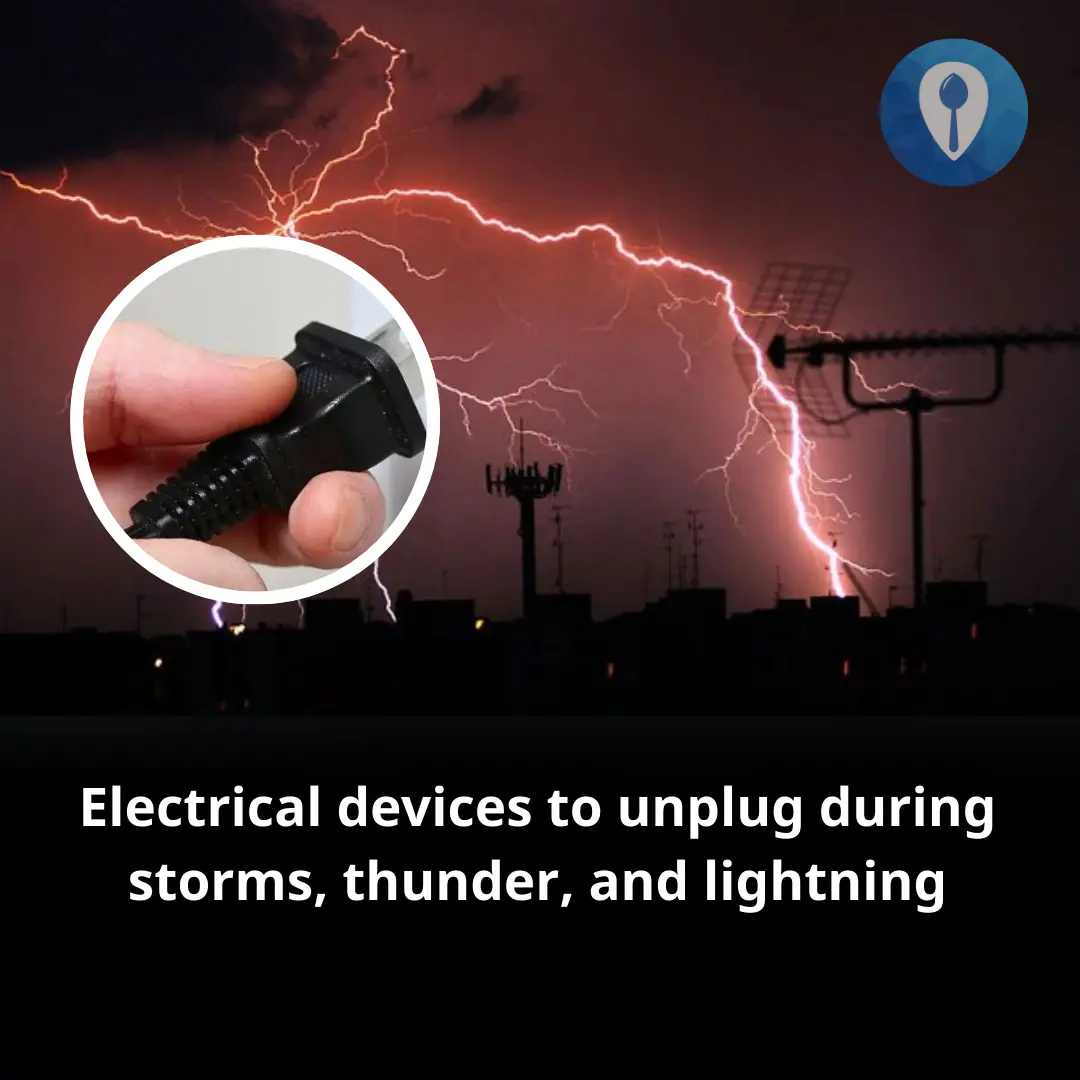
Electrical devices to unplug during storms, thunder, and lightning
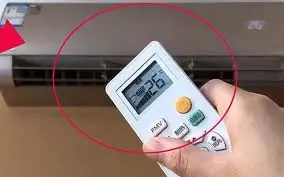
Why shouldn't you set the air conditioner to 26°C at night?

9 out of 10 people store onions incorrectly: Here's why you shouldn't keep them in the fridge
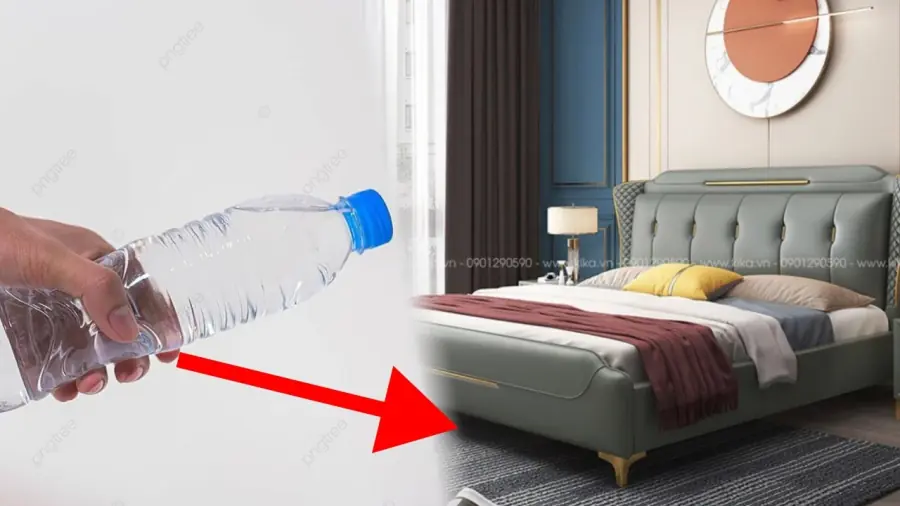
Smart travel tip: Why you should toss a water bottle under your hotel bed?
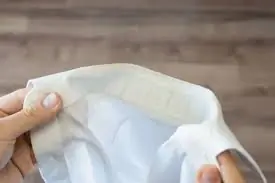
Don't throw away your yellowed white shirts - try this soaking method to make them bright and as good as new

Easy lemon storage hacks that keep them fresh for a long time

Natural Pest Control: Using Diatomaceous Earth and Cloves Against Bed Bugs and More

Tips to Quickly Get Ants Out of Sugar Jars and Keep Them Away for Good
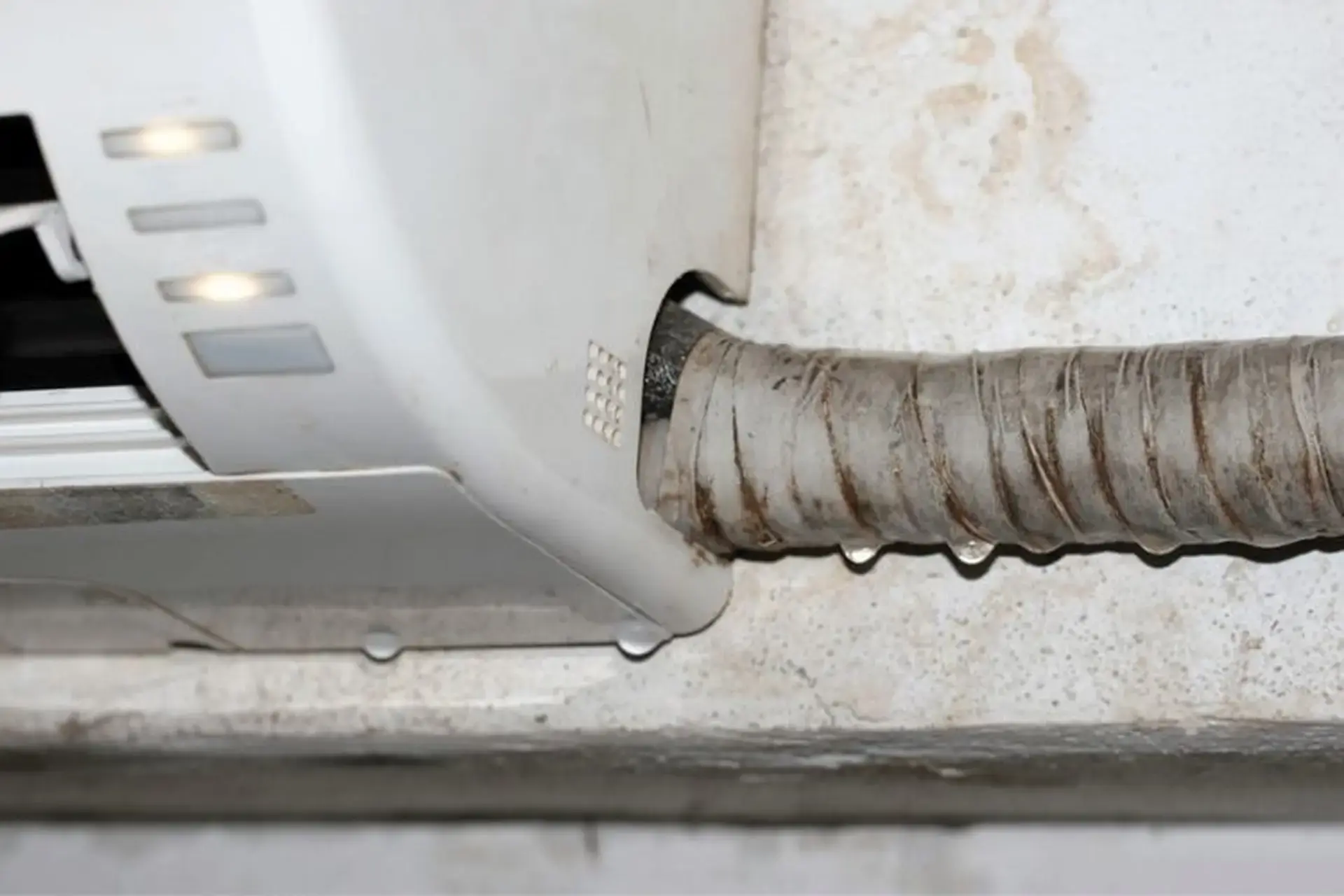
Common causes of water leaks from air conditioners and how to fix them.

Keep Ginger Fresh and Intact for a Long Time With This Simple Trick

Mix cloves, honey, and cinnamon and you will thank me! This is my grandmother's secret...
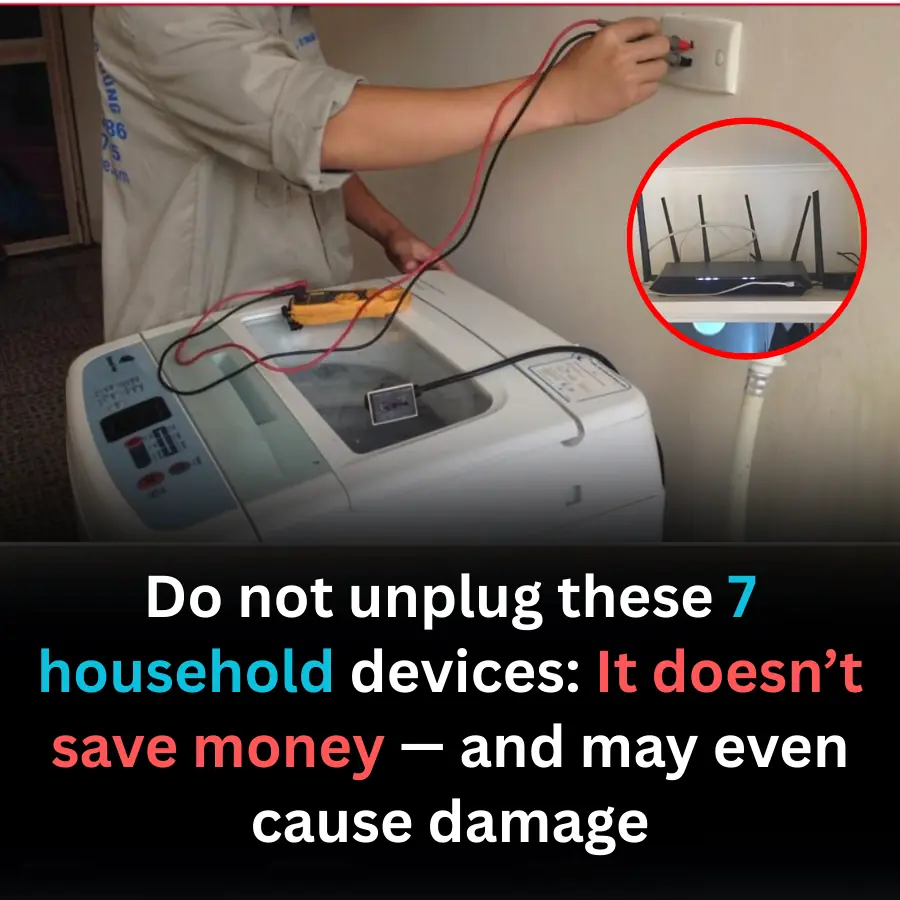
Experts Warn: Never Unplug These 7 Household Devices — You Won’t Save Money, and It Could Cause Even More Harm

A 3-Year-Old Boy Nearly Blinded by 502 Super Glue
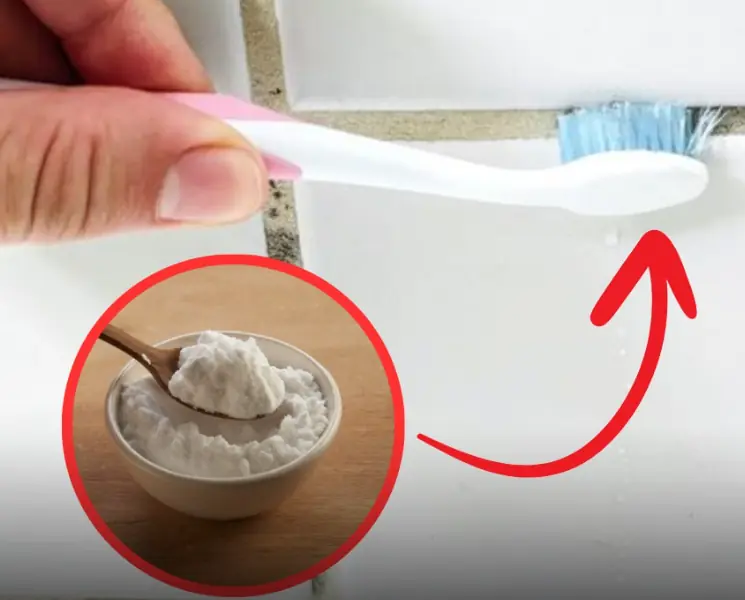
Simple hack to remove mold from bathroom grout using just 2 common ingredients - Better than bleach!

Smart people unplug the TV when checking into a hotel - Knowing why you will do it immediately

Don’t Throw Away Lemon Peels: Smart, Natural Ways to Clean and Freshen Your Home
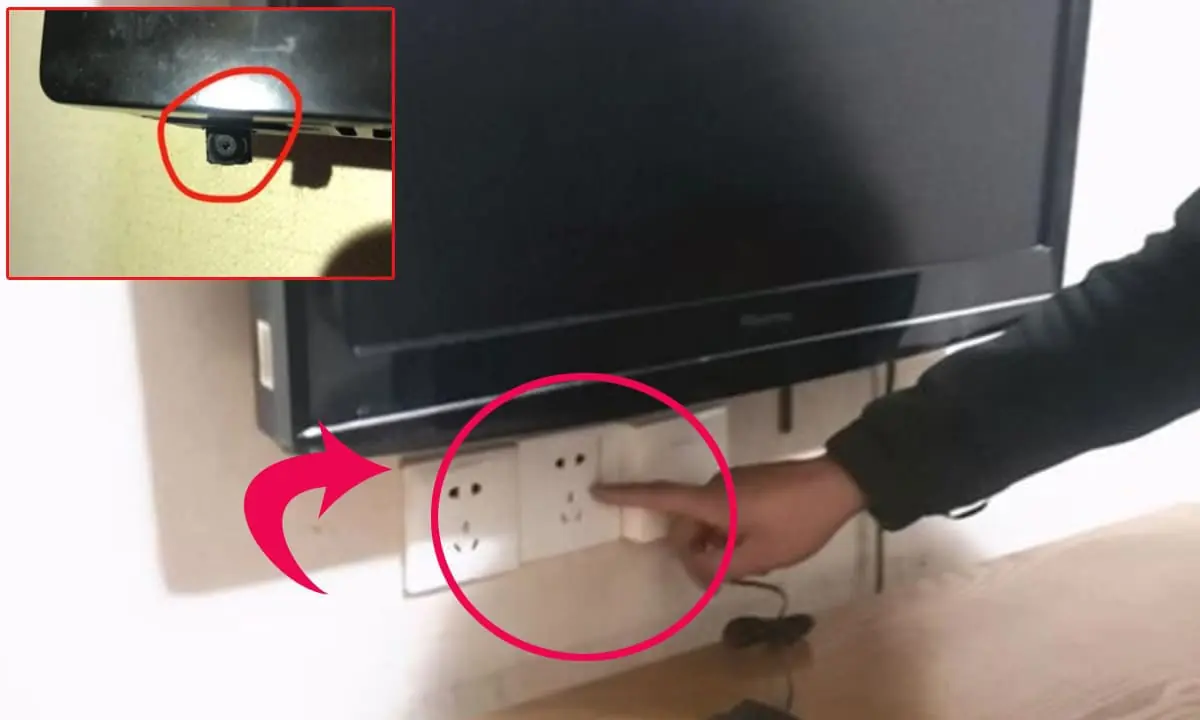
Why smart travelers always unplug the hotel TV when they arrive?
News Post
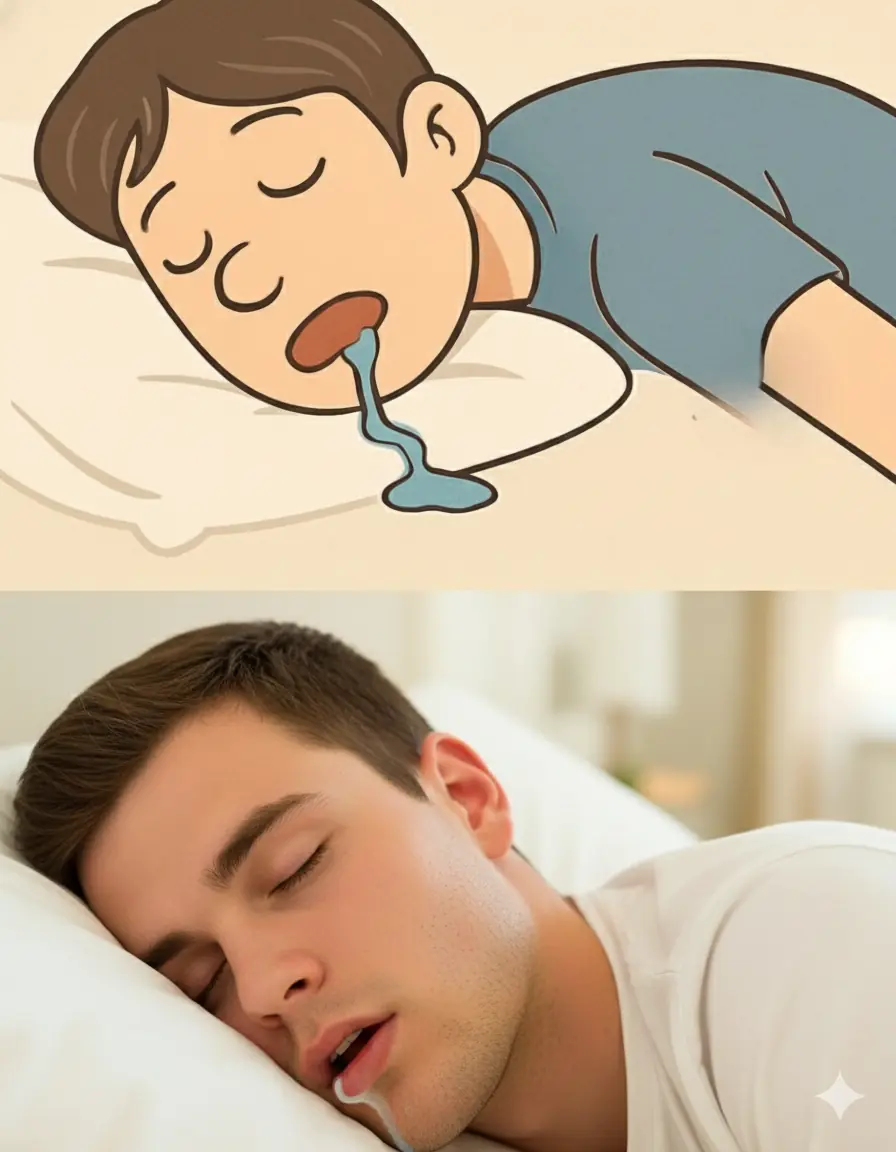
Drooling during sleep: A small sign that may point to bigger health issues

4 anti-aging dietary principles you should apply

Roasted Beetroot and Avocado Salad with Feta

Pan.creatic can.cer: 10 early warning signs you should never ignore

Avocado Berry Salad with Nuts & Greens

Doctors Reveal the Truth About Avocado That Most People Don’t Know

Mediterranean Meatball Bowl with Roasted Potatoes & Tzatziki

Churro Caramel Crunch Cupcakes

Creamy Chicken Vegetable Soup

His whole body was itchy, he thought it was an allergy. But he was diagnosed with
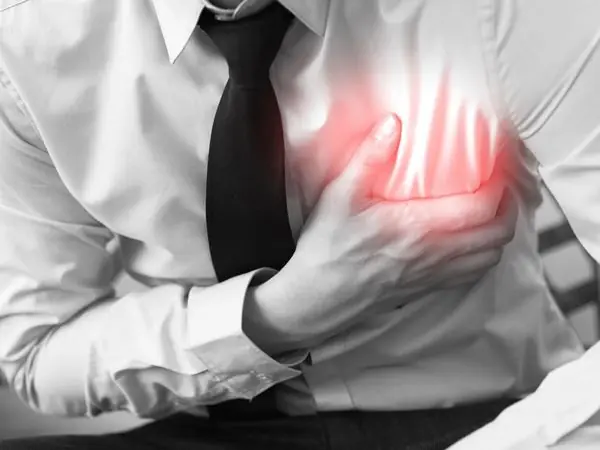
Heart Surgeon Warns People Should Remove This One Thing From Their Life After Turning 40

Foods to be mindful of when living with hypo.thyroidism
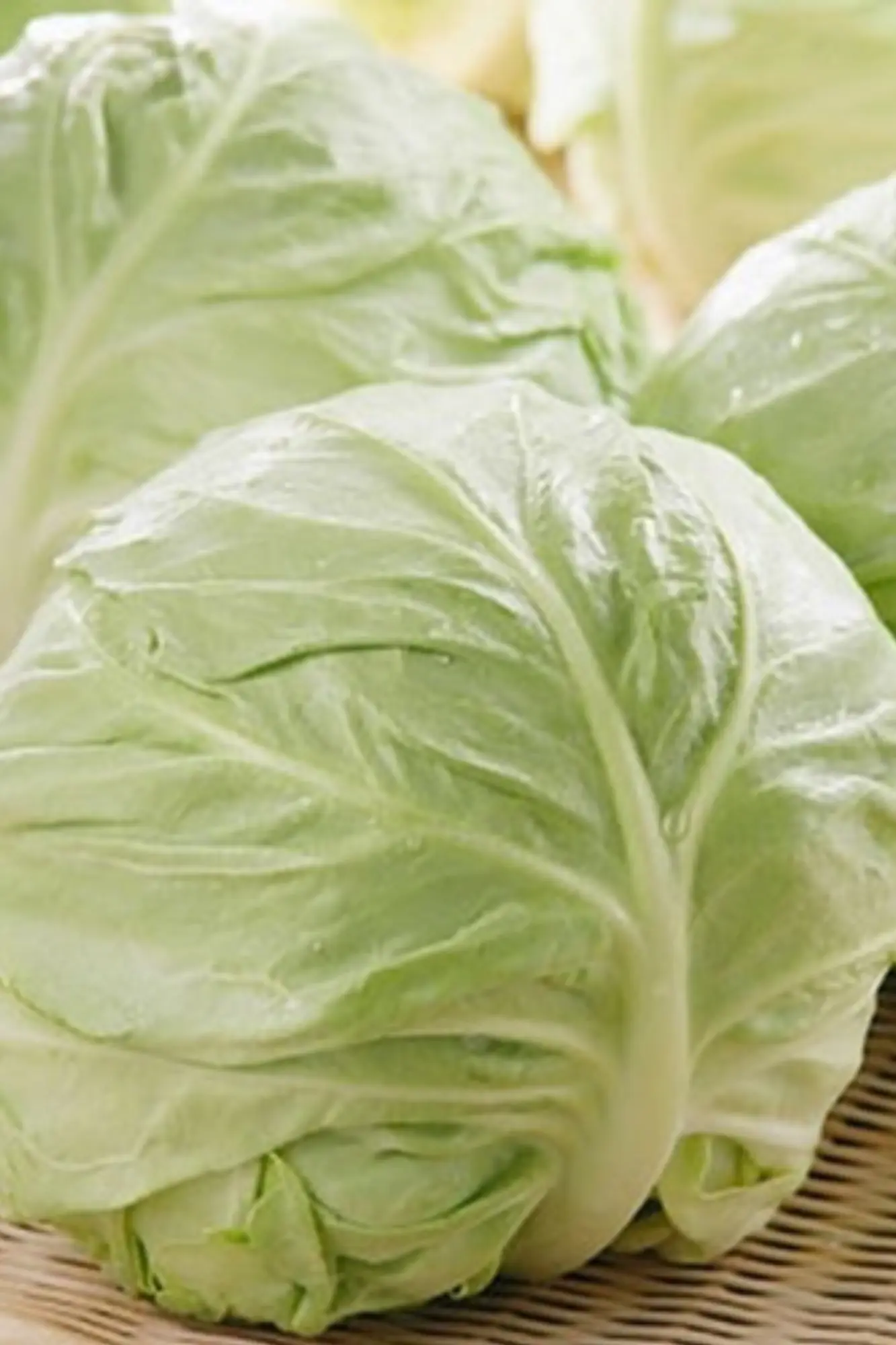
4 types of people who should avoid eating cabbage
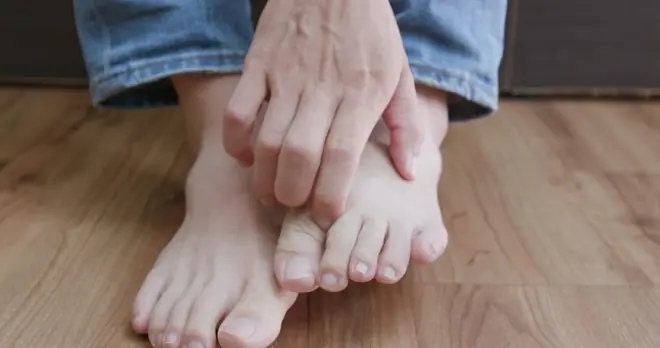
5 unusual foot symptoms that may indicate abnormal blo.od sugar levels
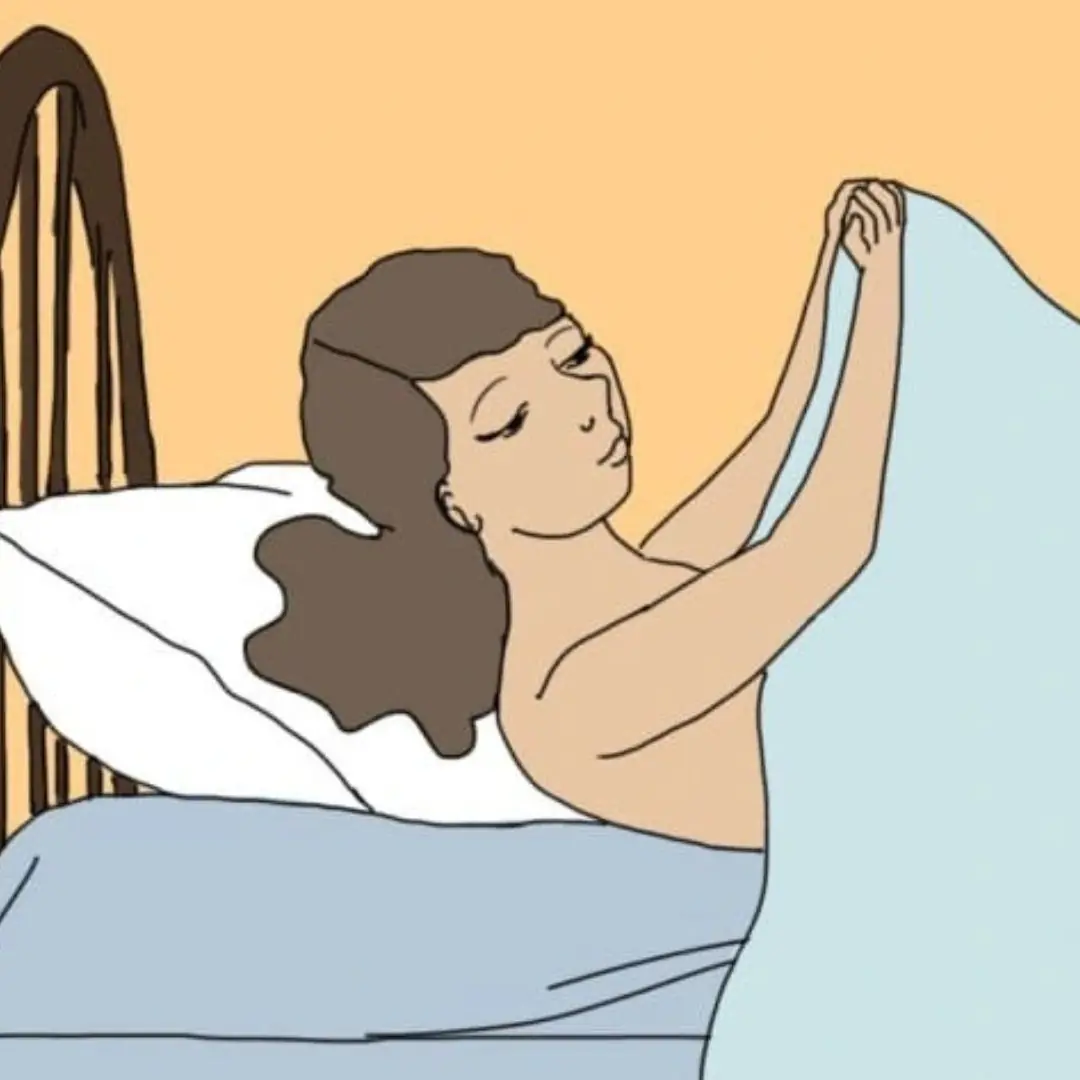
Sleeping Without a Blanket Feels Impossible for Many — Here’s Why

Those who love eating sweet potatoes must read this article, it will change your life! It's not too late to know now!
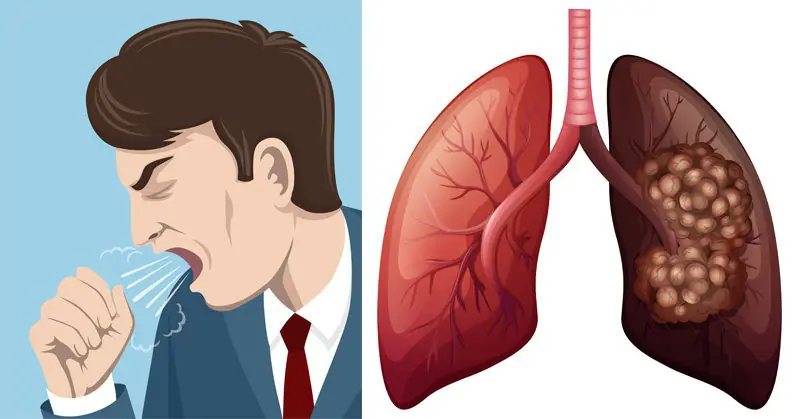
Persistent Cough, Lingering Flu Symptoms: Warning Signs of Lung Can.cer Often Mistaken for “Minor ill.nesses”

Leg pain, rheumatism, varicose veins, arthritis – a natural remedy with cloves and garlic that many people don't know about
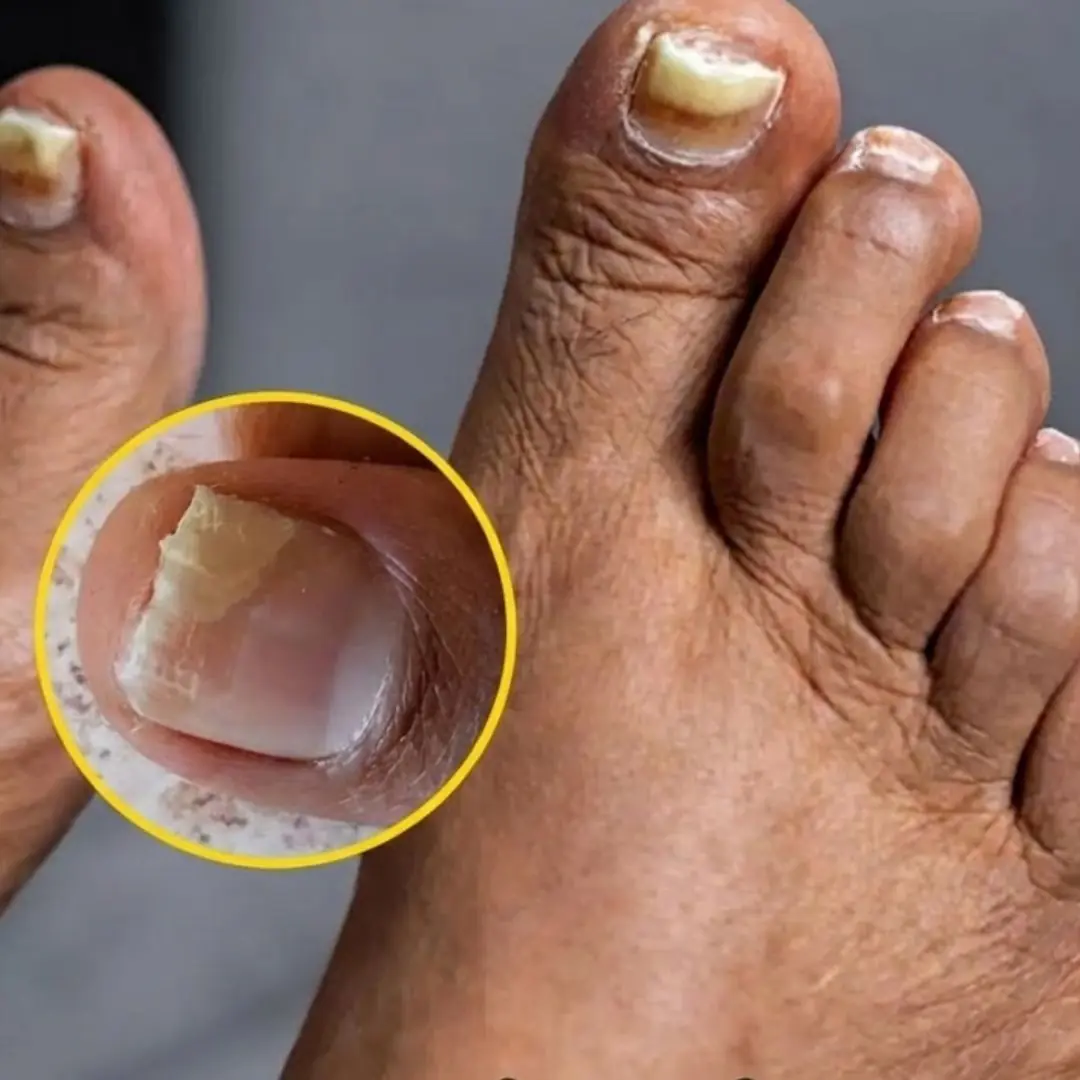
Health Expert Reveals Warning Signs of Two Silent Foot Killers and How To Spot Them
